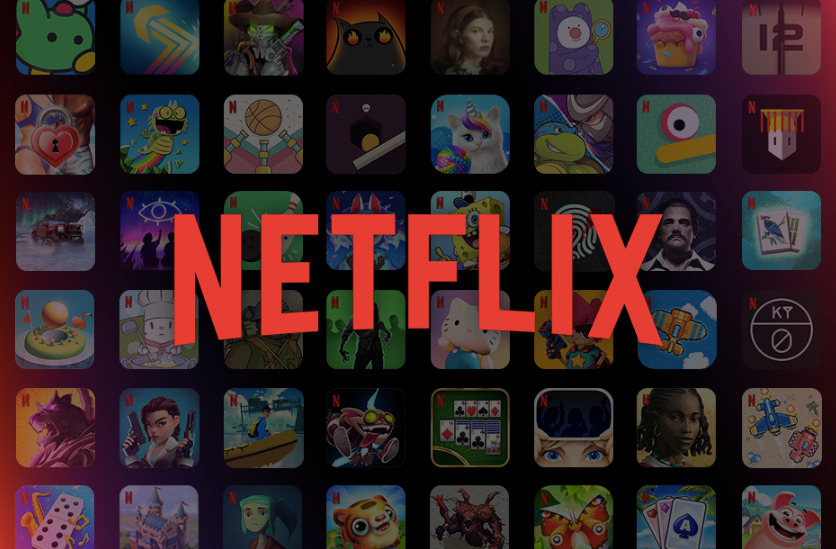I’m sorry, Dave, I’m afraid I wrote the screenplay

Image: Michael Buckner/Variety
From The Terminator to 2001: A Space Odyssey, screenwriters love writing about dystopian, AI-run futures. But negotiating for who gets credit when the AI begins helping write the scripts? That’s a different story.
In its first bargaining session with the studios on Monday, the Writer’s Guild of America (WGA) proposed that AI can be used, but not receive credit for any contribution made during the screenwriting process. Meaning if a studio handed a writer an AI-written script to polish and edit, that writer would be credited with the entire screenplay.
🤝 Why it’s a big deal: The writers aren’t just jockeying for bragging rights – how they’re credited affects how much they’re paid, both up front and in residuals.
- Screenwriters who adapt “source material,” like a magazine article, book, or play, often only make 75% of the residuals they’d get for an original script.
- This distinction is also why the Oscars have two categories for writers: Best Original Screenplay and Best Adapted Screenplay.
♟️🤖 Bottom line: If approved, the proposal would be a big short-term victory for the screenwriters. But bigger questions still loom ahead. For one – the proposal doesn’t include any indication of how the WGA plans to treat a screenplay that’s 100% written by AI without any help from a human.
The actor’s union, SAG-AFTRA, has also raised concerns about the effects of AI on performers, particularly around losing control of their image, voice, and likeness.
Share this!
Recent Media & Entertainment stories

Media & Entertainment
| March 21, 2023Inside the (potentially) impactful lawsuit that’s all. about. books.
📚⚖️ Oral arguments were held yesterday in Hatchett v. Internet Archive, a potentially watershed case for fair use and copyright law in the US that’s all. about. books.

Media & Entertainment
| March 21, 2023Forget chill – Netflix wants you to play
🎮📱 Forget chill – Netflix wants you to play. Yesterday, the streaming giant announced plans to nearly double the number of games available on its app by the end of this year.

Media & Entertainment
| March 14, 2023The mushroom zombies are coming
💗🍄 Season 1 of The Last of Us ended on Sunday, with its final episode attracting a series-high 8.2 million viewers on HBOMax. And the fungus isn’t the only thing spreading among us: that’s up ~75% from the 4.7 million who watched the series premiere in January.
You've made it this far...
Let's make our relationship official, no 💍 or elaborate proposal required. Learn and stay entertained, for free.👇
All of our news is 100% free and you can unsubscribe anytime; the quiz takes ~10 seconds to complete